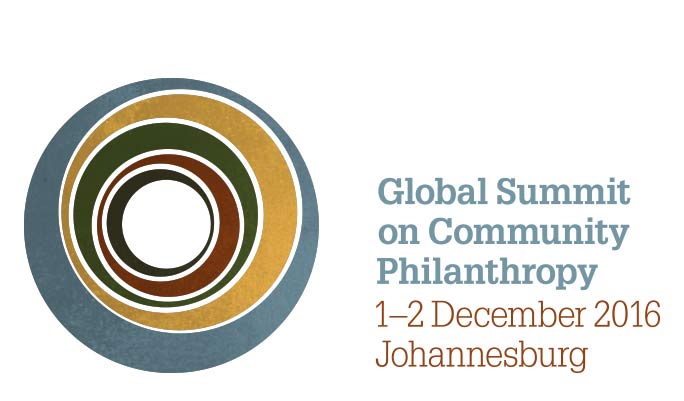Amplifying voice

ICom serves the region of Greater Florianópolis, Brazil which has approximately one million inhabitants. Although the region ranks quite high on the Human Development Index it faces some major social justice challenges: discrimination against LGBTQI citizens, a shameful number of rape cases (particularly affecting the homeless population), and discrimination against racial minorities - to name but a few. It has proven particularly difficult to raise local funds to address such issues, and traditionally it has been difficult for these topics to take priority in the local community.
To specifically address the problem of rising homelessness in Brazil, in 2009 the federal government introduced a new set of policies, to be implemented by local municipalities, aimed at protecting the rights of homeless people and providing increased services to this segment of the population. In Greater Florianópolis, ICom has been a key player in the local committees charged with implementing this new policy framework, facilitating conversations between other civil society organizations, social movements, local governments, and significantly inviting the homeless themselves to be a part of the discussions.
So beyond simply working to improve the circumstances of Greater Florianópolis’ homeless population, ICom has taken steps to ensure that this marginalized part of the community has a platform that allows them to speak up, take charge, and contribute to these discussions (which are, after all, deciding their futures) in a meaningful way. An informal group of around 50 homeless people use ICom’s Center for Social Innovation as an office and meeting point, where ICom staff provide the group with regular technical and logistical support. The picture here shows a meeting held at the Center in October 2016, during which representatives of the homeless group met with local academic partners and NGOs, to decide how data will be collected to identify first priorities for serving those living on the streets.
By consciously ceding control and letting others - particularly the marginalized and socially excluded - just get on with it, ICom gives voice to the voiceless.

